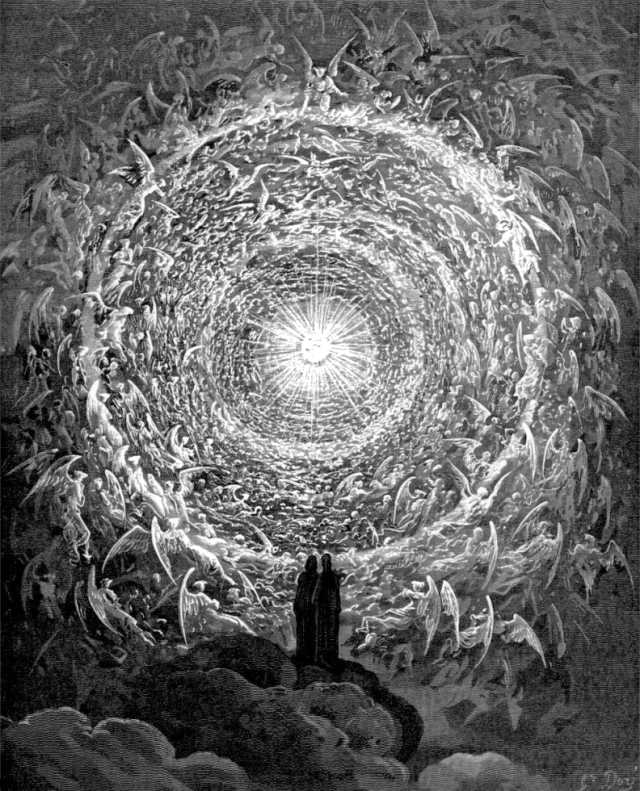Amidst the storm of concern voiced by population alarmists at the imminent arrival of the seven-billionth person, there went unnoticed the 2011 Assisi Interfaith encounter, which was initiated by Blessed John Paul II and continued by his successor, Benedict XVI.
While many expect the delegates to speak about how religious communities might better live amidst our differences, the Catholic News Service reported on one unusual guest on the papal list that was indicative of Benedict’s primary concerns, and points to an oft-overlooked dimension of the issue of interfaith relations, was the secular humanist literary critic, novelist, feminist and philosopher, Julia Kristeva.
The Bulgarian-French Kristeva is not your ordinary secular humanist, having included in her work themes that are drawn from or are relevant to the discipline of Christian theology (An example being her very short In the Beginning was Love: Psychoanalysis and Faith). Her address at Assisi was no different.
In her address, Kristeva spoke of the revival of humanism being dependent on its ability to “take up again the moral codes constructed through the course of history”. The feminist Kristeva also spoke of the need for secular culture to come to a better appreciation of the unique relationship between mother and child. Much of her presentation was set against a backdrop for a call to greater cooperation between the projects of Christian humanism on the one hand, and post-Enlightenment humanism on the other.
It was clear that, in stark contrast to Benedict’s insistence that only God can renew the face of the earth, Kristeva’s presentation emphasised the centrality of human effort. Nevertheless, the Pontiff was quoted in the CNS story:
It is a case of being together on a journey toward truth, a case for taking a decisive stand for human dignity and a case of common engagement for peace against every form of destructive force.












